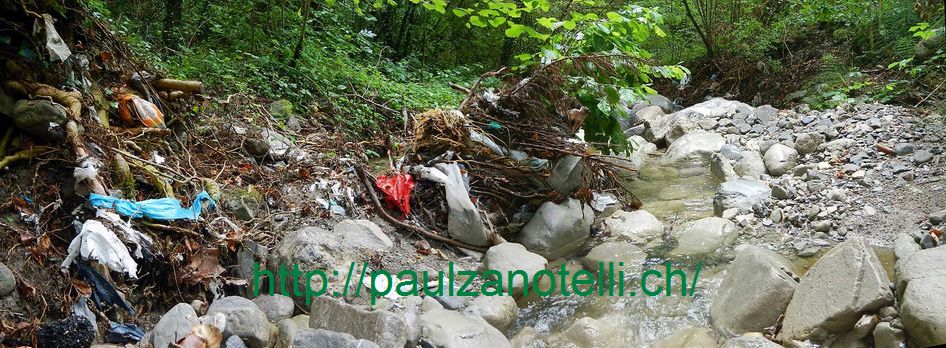Miserable ex-voto offerings of ours
I read two interesting books yesterday. Both offer
explorations of Switzerland (and to a lesser extent of France) from an
unusual* combination of perspectives: historical, archaeological,
anthropological and mythopoetical**. As explained in the older of the
two books, Ancient Swiss Mythology: from shamanic and Celtic
practices to their modern metamorphoses (1965), the study of
myths should not be considered futile: ‘…whenever we could, we tried
to connect the myths of ancient Switzerland to traditions or to
beliefs still alive which have an effect even though we are not always
aware of this. If we want to look to the future it is necessary to
know the past and the present because it is today that the myths of
tomorrow are being devised.’
A
myth of our time that is particularly prevalent is that man’s
technological prowess (also called ‘science’) will allow humanity to solve
all of its problems – please note that I have used the word ‘man’ instead
of ‘humanity’ deliberately. However, the point of this post is not really
to discuss myths or science. Rather it is to contrast our lack of respect
towards one of our most vital resources, water, versus the worship it was
given by the people of this land only a few centuries ago.
I was reminded of this yesterday when in the second book, Jean-François
Kister's On megaliths, legends and gods (1998), I came across
this passage [my translation]:
The
Genevese of prehistory, and with them many other peoples, showed a
strong devotion to [water] sources. Thus, in Grand
Saconnex
in 1922 or 1924, at the source of a very small stream, the Jonc,
seven polished stone axes that had been left there as offerings were
unearthed. This custom has survived the millennia: still today the
superstitious, or others who do so out of fun, throw coins willingly [i.e.
of their own will]
into wells or into those points at the origin of streams. When
excavations were conducted at [Geneva’s]
Saint Peter's cathedral, archaeologists found a well whose bottom was
littered with very old coins.
Somehow I could not help but associate this with the pieces of loose
plastic material I had seen either in or at the side of the stream at the
foot of my parents' garden in France on the first of August. What a
shameful sight, what a shameful contrast these plastic débris
offered to the devotion the original inhabitants of this village (whose
name seems to have been derived from Lug, a Celtic deity) would
have paid to this stream! As I stood in the middle of this stream (which I
had seen almost totally dried up not even a fortnight earlier), I could
not help but wonder how come our civilisation has come to disrespect
water, which is said to be the source of life and of which our bodies and
brains are mostly constituted, so much. What miserable ex-voto
offerings of the locals to such a beautiful stream, what miserable ex-voto
offerings of ours to WATER!

Expect further posts on this topic because I
feel really concerned.
* Books on such topics are rather unusual indeed; in fact, these two books
were published some thirty years apart. One reason for this is the amount
of effort required to write something that is simply not a rehash of
previous studies.
** Definition of ‘mythopoetic’ according to the shorter version of the
OED: (b) relating to or denoting a movement for men that uses
activities such as storytelling and poetry reading as a means of
self-understanding.
Links (to posts
on my other blog)
Lausanne,
9th August 2015
